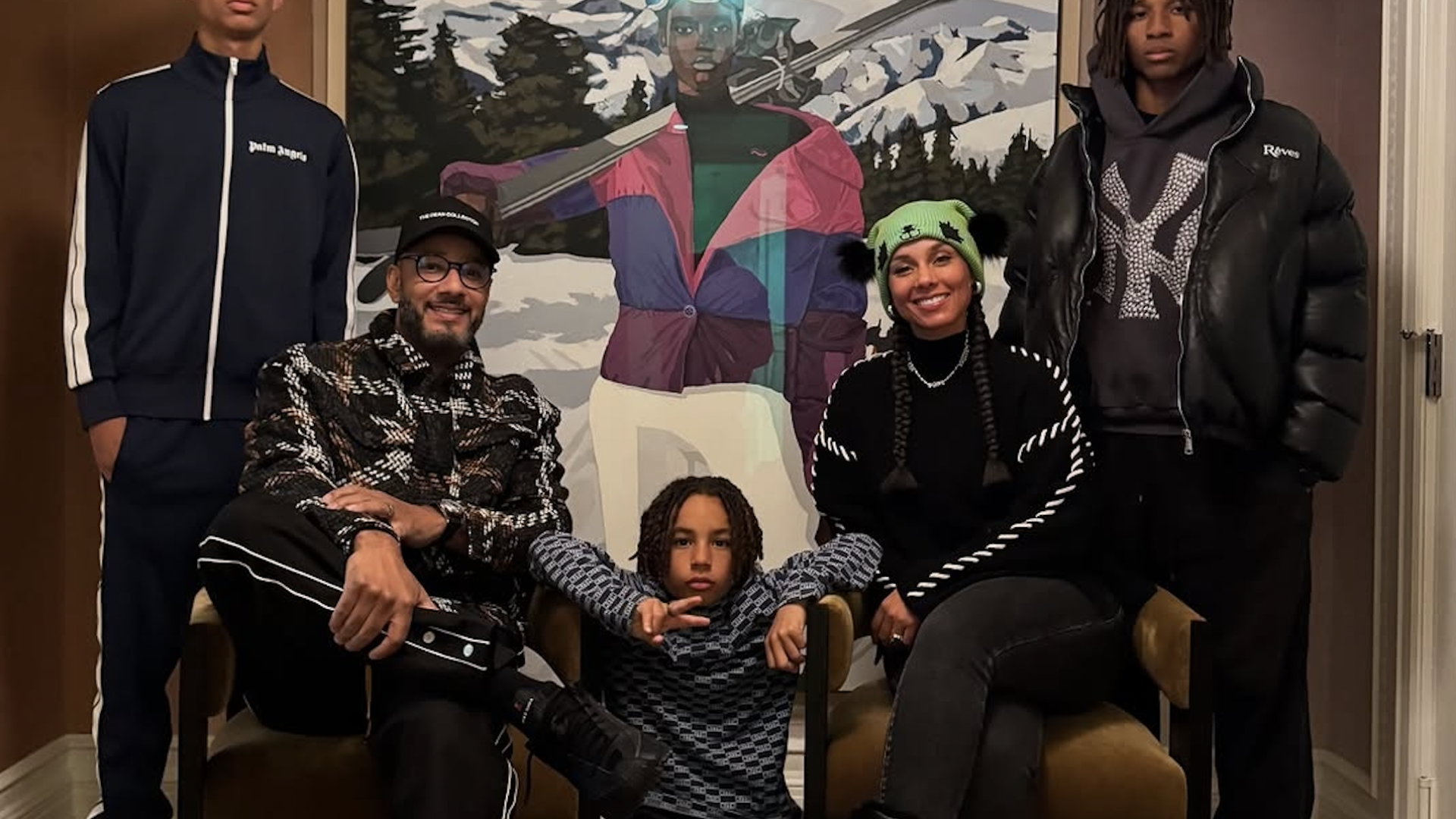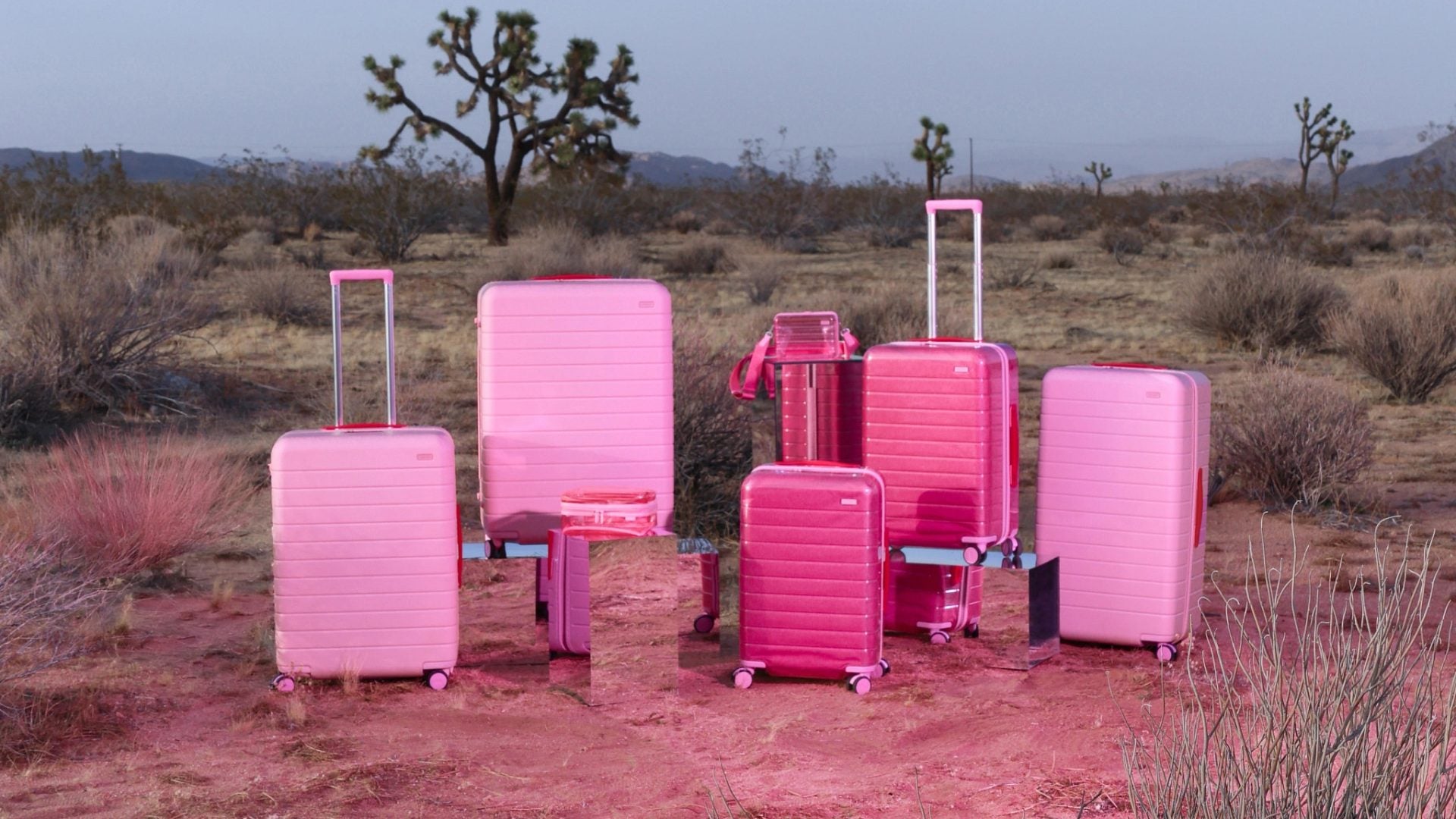
Singer-Songwriter Missy Elliott’s iconic track “The Rain (Supa Dupa Fly)” has made an interplanetary journey, becoming the first hip-hop song to be transmitted to Venus.

The journey to Venus, which takes light approximately 14 minutes to traverse the 158 million miles, symbolizes a new frontier in Elliott’s illustrious career. The song was transmitted via NASA’s radio antennas near Barstow, California, facilities typically reserved for tracking spacecraft and communicating with far-flung missions.
Elliott, ever the visionary, expressed her excitement on X (formerly known as Twitter), writing, “My song ‘The Rain’ has officially been transmitted all the way to Venus, the planet that symbolizes strength, beauty and empowerment. The sky is not the limit, it’s just the beginning.”
NASA’s decision to transmit Elliott’s song to Venus marks only the second time NASA has chosen to transmit a song into space, the first being The Beatles’ “Across the Universe” sent to Polaris in 2008.
Brittany Brown, a director in NASA’s communications office, highlighted Elliott’s penchant for space-themed visuals and narratives in her music. “Missy has a track record of infusing space-centric storytelling and futuristic visuals in her music videos, so the opportunity to collaborate on something out of this world is truly fitting,” Brown stated.
Elliott’s body of work frequently incorporates space iconography, from the futuristic aesthetics in her “Sock It 2 Me” music video to her 2024 tour named Out of This World. This tour, her first as a headliner, features Elliott in chrome and studded costumes reminiscent of ‘80s space films, reinforcing her longstanding connection with cosmic themes.
This interstellar accolade adds to a growing list of honors for Elliott. In 2019, she became the first female hip-hop artist inducted into the Songwriters Hall of Fame, and in 2023, she was the first female rapper inducted into the Rock and Roll Hall of Fame. Her hometown of Portsmouth, Virginia, even named a street after her, cementing her legacy both locally and globally.
NASA’s rare music transmissions began with the Voyager 1 and 2 missions in 1977, which included a gold-plated copper phonograph record featuring “sounds and images selected to portray the diversity of life and culture on Earth.” Elliott’s song now joins this tradition, expanding humanity’s cultural footprint into the universe.
Whether she’s donning futuristic gear in her music videos or pioneering new frontiers in hip-hop, Elliott continues to break barriers and set new standards. NASA’s choice to send her song to Venus encapsulates her as an innovator and visionary, merging science and art in a way that pushes the boundaries of what’s possible. As Elliott herself aptly put it, “The sky is not the limit, it’s just the beginning.”






